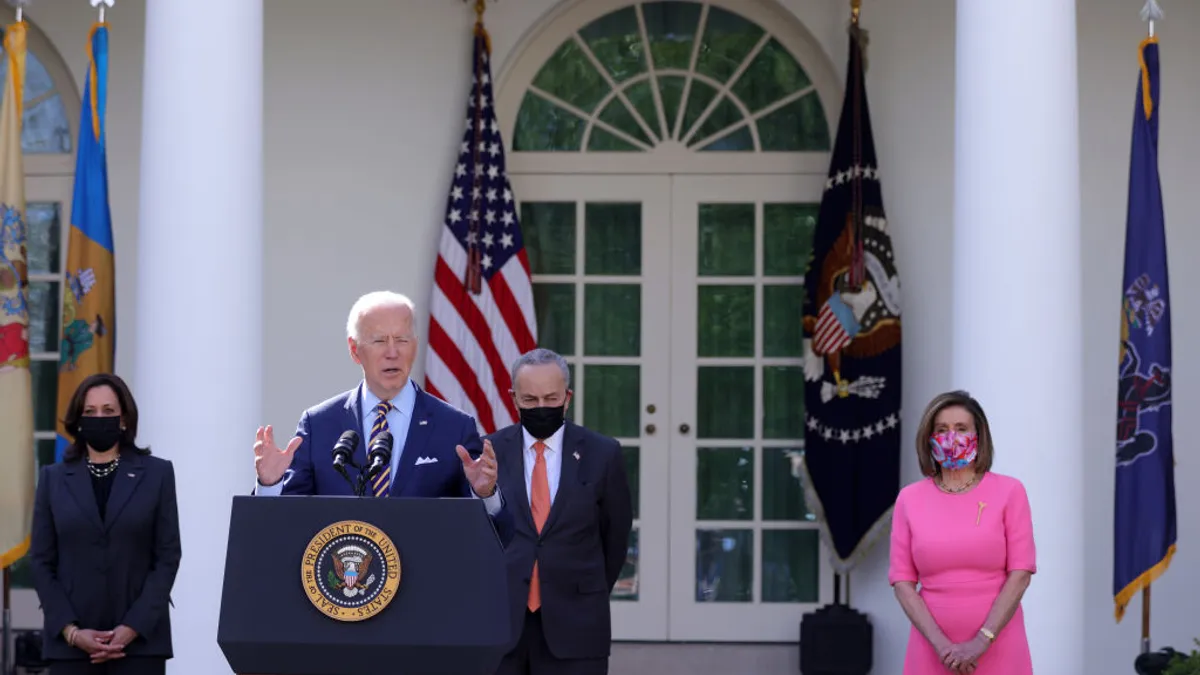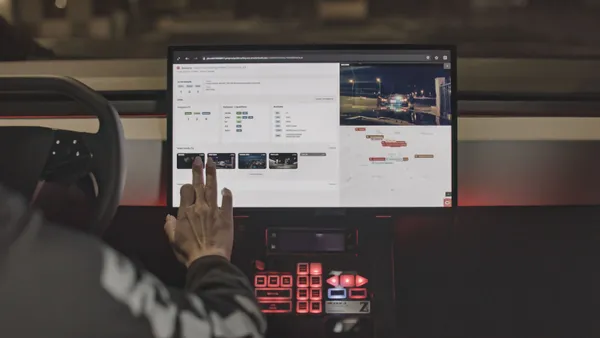Dive Brief:
- T-Mobile inked a $3.5 billion contract with Ericsson for the Swedish firm’s 5G New Radio (NR) hardware and software to support the telecom’s upgrade from LTE networks.
- Through the deal, T-Mobile will be able to take advantage of Ericsson’s digital services, like Ericsson Cloud Core, business support systems and dynamic orchestration. Ericsson Radio System radios that have already been installed will be able to run 5G NR technology with a software upgrade.
- “While the other guys just make promises, we’re putting our money where our mouth is,” T-Mobile Chief Technology Officer Neville Ray said in a press statement. “With this new Ericsson agreement we’re laying the groundwork for 5G — and with Sprint we can supercharge the 5G revolution.”
Dive Insight:
Building on its merger with Sprint, T-Mobile has already made ambitious promises for its 5G network. In a regulatory filing with the Federal Communications Commission (FCC) earlier this year the companies said they would invest $40 billion in a unified 5G system that "would leapfrog Verizon and AT&T’s networks." Although that planned merger may hit a delay after the FCC announced it needed more time to review the application. T-Mobile has announced that it will release 5G in 30 cities this year, having already named nine: New York City; Kansas City, MO; Phoenix; Atlanta; Chicago; Dallas; Los Angeles; Houston; and Washington, DC.
T-Mobile had also previously inked a $3.5 billion contract with Nokia for 5G hardware, at the time the largest deal around the new wireless network. By adding Ericsson — which has invested more in its US operations to prepare for high demand for its 5G infrastructure — T-Mobile is ensuring that its 5G launch can be as widespread and ambitious as the company promises.
Telecom competitors are racing ahead to become the leaders in 5G, not just to offer consumers faster download speeds but also to help cities take advantage of the more robust wireless capabilities. AT&T has named a dozen cities where it will launch by the end of the year, including several mid-sized ones, and Verizon has named four cities for its 2018 launch. Hardware, however, remains a challenge — expect more massive deals as telecoms seek a leg up.










